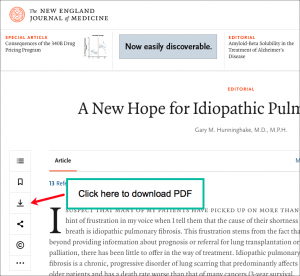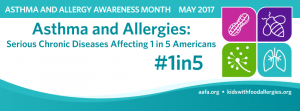The New Books Display this month highlights some of our newest E-books available through Ovid. If you would like information on how to access E-books, the circulation staff would be happy to assist you. Please check out our display on the 3rd floor of the Isché Library!

These books and many more are available for online access:
Anatomy of the Eye and Orbit: the Clinical Essentials by Thomas F. Freddo and Edward Chaum
Biopsy Interpretation of the Breast, 3rd ed. by Stuart J. Schnitt and Laura C. Collins.
Clinical Wisdom and Evidence-Based Healthcare by Alan Pearson -Part of the Joanna Briggs Institute (JBI) Collection.
Eye Pathology: An Atlas and Text, 3rd ed. by Ralph C. Eagle, Jr.
Henrich’s Principles and Practice of Dialysis, 5th ed.
Magnetic Resonance Imaging of the Brain and Spine, 5th ed.
Nursing Diagnosis: Application to Clinical Practice, 15th ed.
A Practical Approach to Pediatric Anesthesia, 2nd ed. by Robert S. Holzman
A Practical Approach to Regional Anesthesiology and Acute Pain Medicine, 5th ed.
Principles and Practice of Pediatric Oncology, 7th ed.
Rosen’s Diagnosis of Breast Pathology by Needle Core Biopsy, 4th ed. by Edi Brogi
Te Linde’s Operative Gynecology, 11th ed.
The Walls Manual of Emergency Airway Management, 5th ed.
These E-books and more are available through Ovid E-books. Please contact a library staff member if you would like assistance in accessing our E-book collection.


 myLSUHSC
myLSUHSC

 EBSCOhost E-books may be printed, saved, or emailed one chapter at a time.
EBSCOhost E-books may be printed, saved, or emailed one chapter at a time.
 AccessMedicine E-books may be printed one chapter at a time.
AccessMedicine E-books may be printed one chapter at a time.
